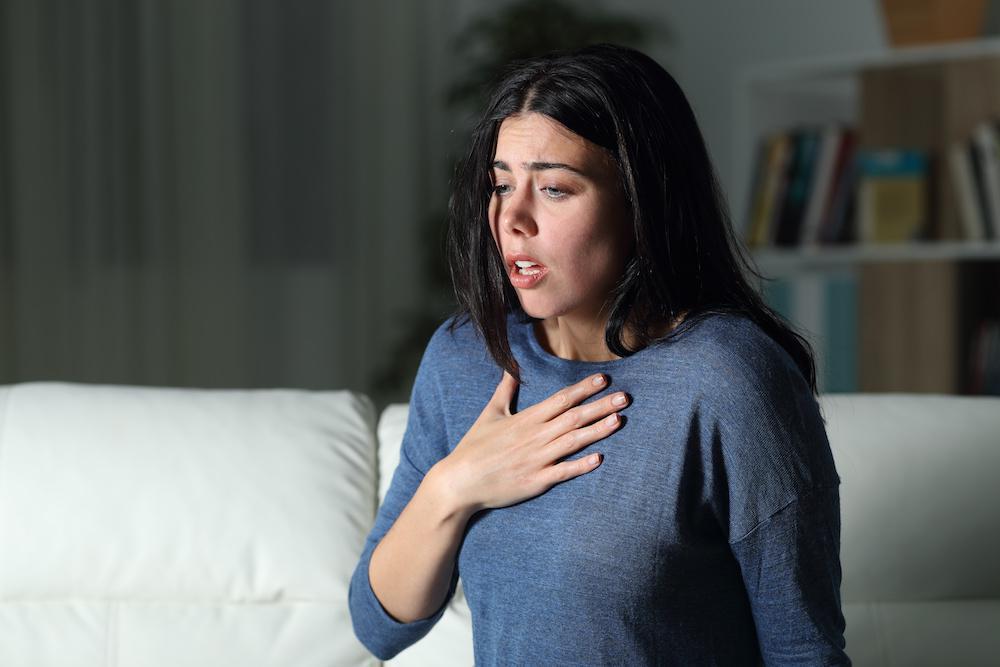You’ve undoubtedly felt winded after intense physical activity, but what does it mean when you can’t catch your breath walking across the room?
Dr. Rishin Shah and our team at Prime Heart and Vascular help take the guesswork out of your health. Here’s everything you need to know about shortness of breath and the potentially serious conditions behind it.
What causes shortness of breath?
Shortness of breath, or dyspnea, is a common condition that can impact anyone. Even healthy people can gasp for air after strenuous exercise or in high altitudes.
You might experience shortness of breath if you’re out of shape, or it might be a warning sign of a far more serious health threat. For example, your body might be struggling to get air in and out of your lungs, have a problem pumping oxygenated blood through your body, or be unable to transfer blood into your bloodstream.
Shortness of breath can also indicate heart disease, a wide range of conditions that affect your heart. Common types of heart disease include:
- Blood vessel issues
- Heart arrhythmias
- Dilated cardiomyopathy
- Valve issues
- Atrial fibrillation
These and other heart issues can interrupt the proper transport of oxygenated and deoxygenated blood around your body. Without steady blood flow, your body doesn’t get the oxygen and nutrients it needs and you experience symptoms like shortness of breath.
When should you see a doctor?
Shortness of breath can be a normal response to exercise, but there are times when it needs medical attention. See us immediately or seek emergency medical attention if you experience any of these other symptoms with your shortness of breath:
- Chest pain
- Fever, chills, or cough
- Coughing blood
- Wheezing
- Blue lips or fingertips
- Lightheadedness
- Swelling in your feet and ankles
Shortness of breath that gets worse or doesn’t go away after 30 minutes is also cause for concern and could be a sign of a heart attack.
Who is at risk for shortness of breath?
Anyone can experience shortness of breath and the heart issues causing it, but there are a few risk factors that increase your chances.
You’re at increased risk for heart disease-related shortness of breath if you identify with the following:
- Overweight or obese
- Poor diet
- Cigarette smoking
- Sedentary lifestyle
- Diabetes
- Family history of heart issues
- High cholesterol levels
Because shortness of breath can stem from so many different risk factors and health conditions, it’s important that you see us for regular evaluations.
How do you treat shortness of breath?
When heart problems are behind your shortness of breath, we have the tools necessary to help you breathe easily.
We begin by evaluating your symptoms and your medical history and conducting a series of physical exams and imaging tests. Once we understand the exact cause of your shortness of breath, we create your treatment plan, which may include:
- Nutrition counseling
- Medication management
- Exercise programs
With our guidance and expertise, you’ll find yourself breathing normally again and feeling healthier from the inside out.
If you’re concerned about shortness of breath or would like more information, contact one of our four Texas offices in Frisco, Allen, Plano, or Carrollton by phone or online to get started today



